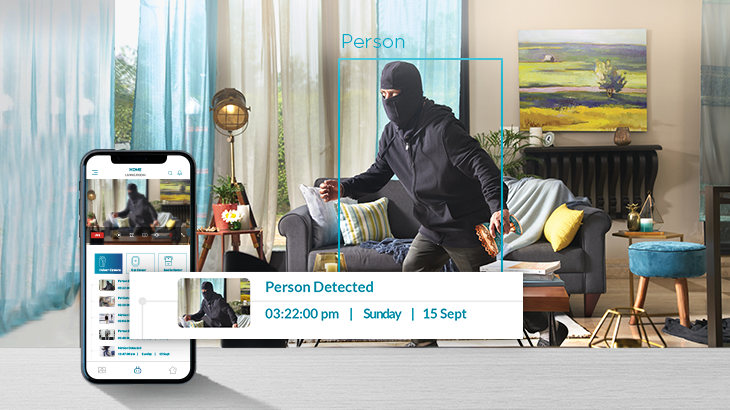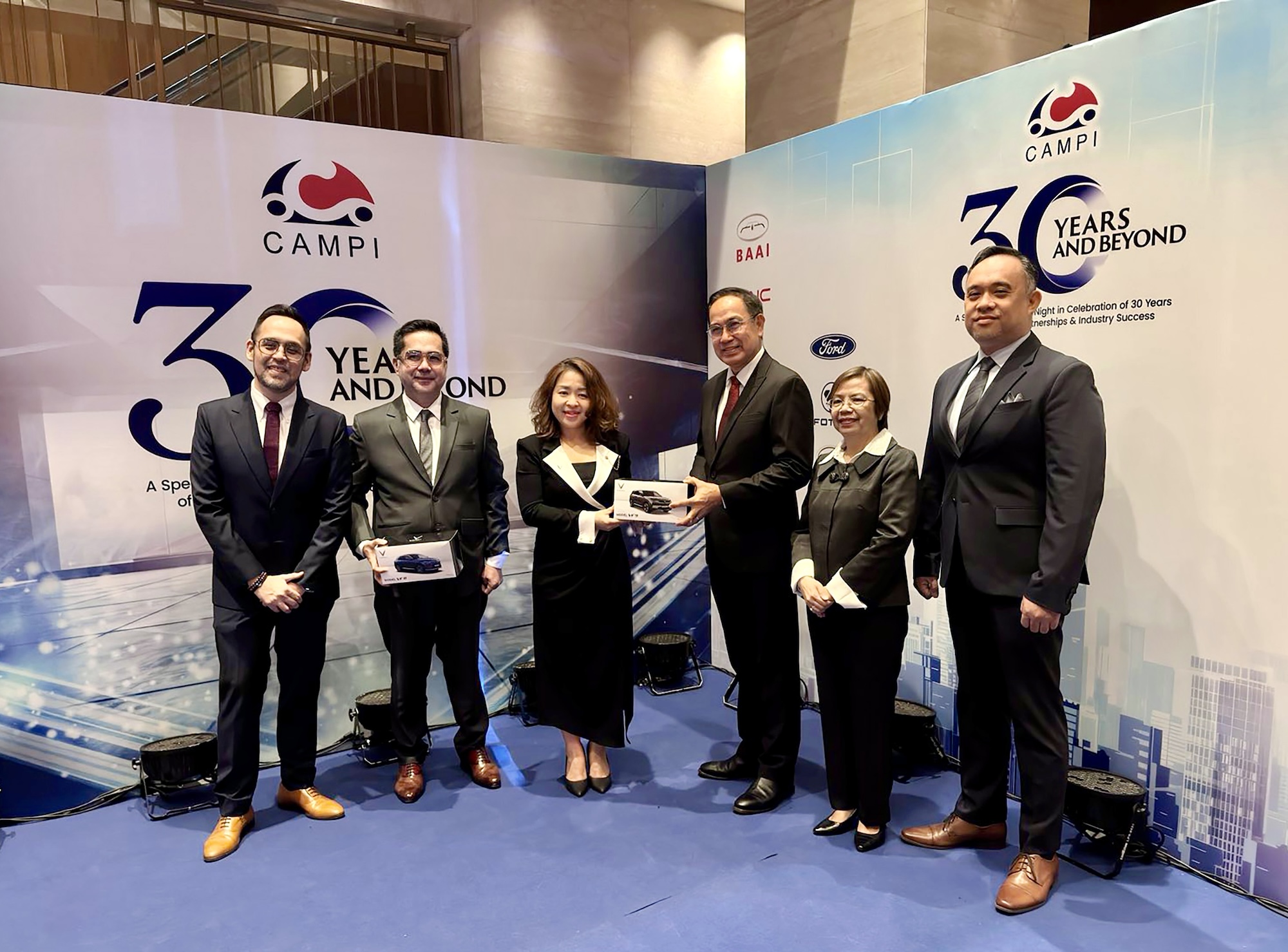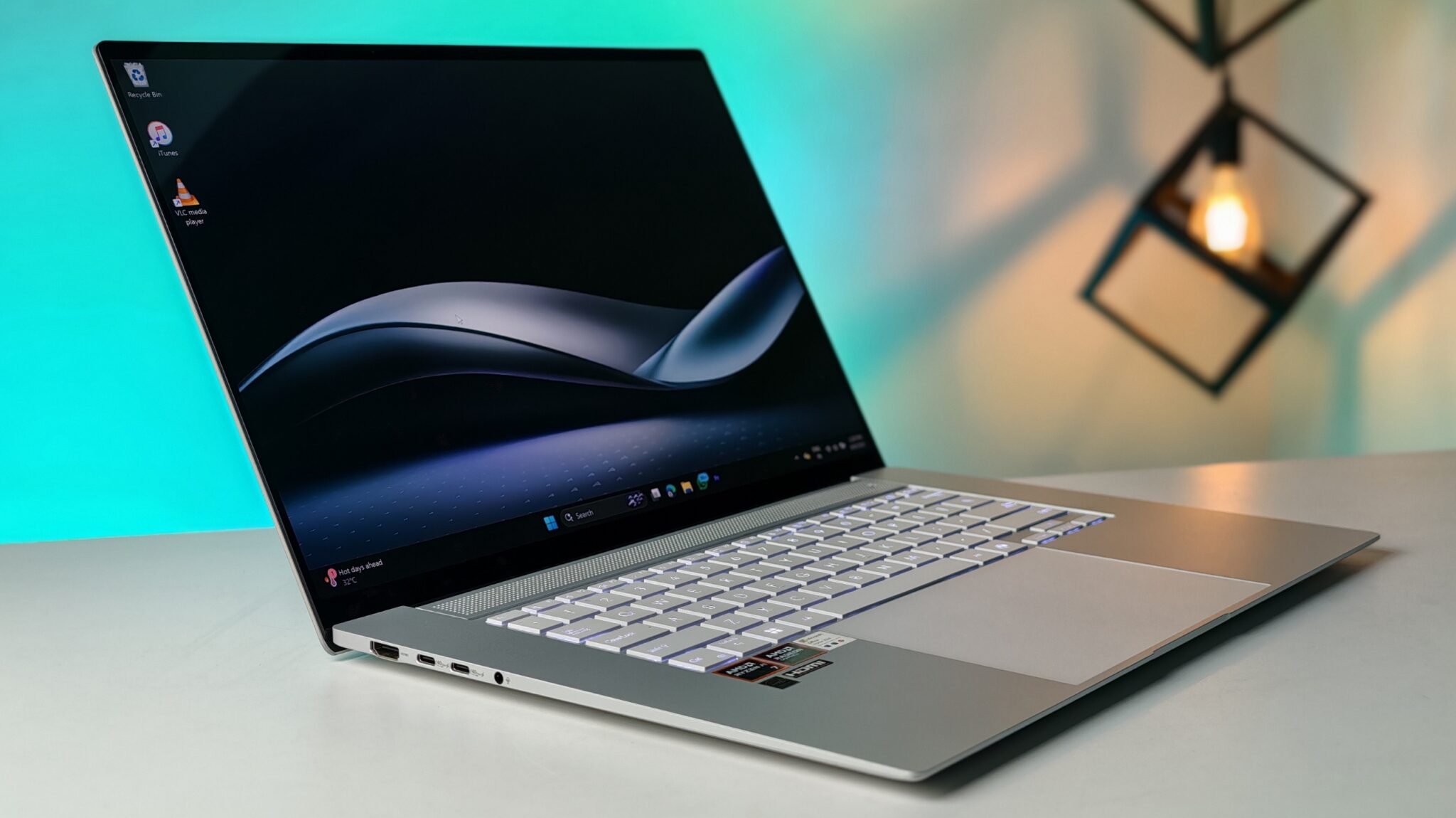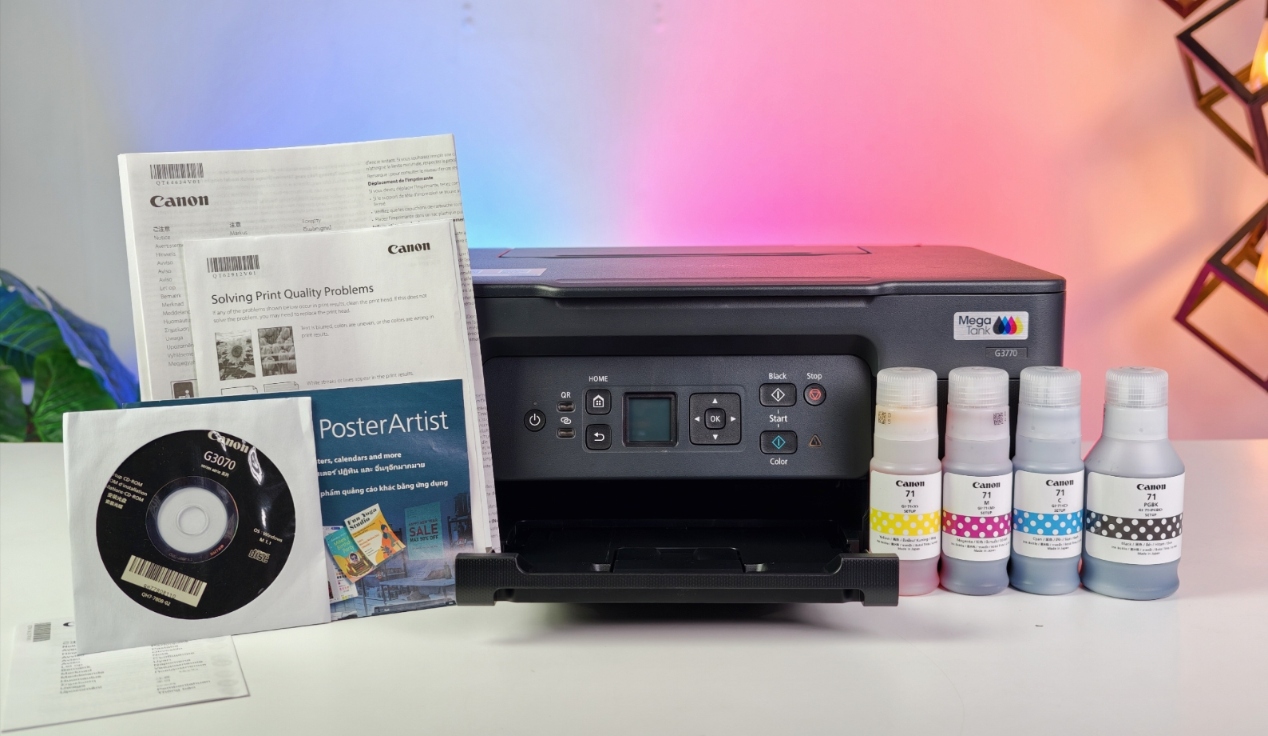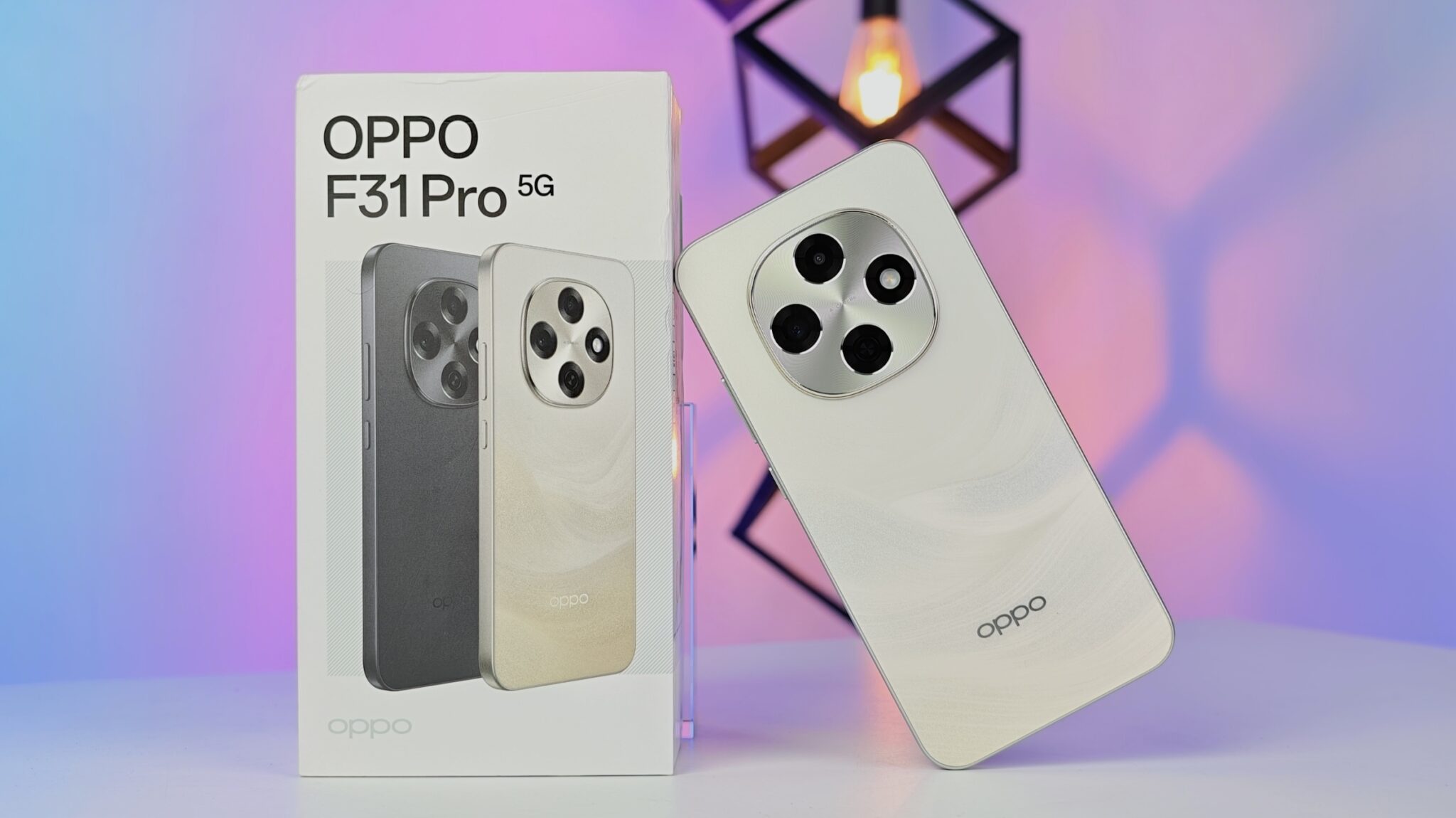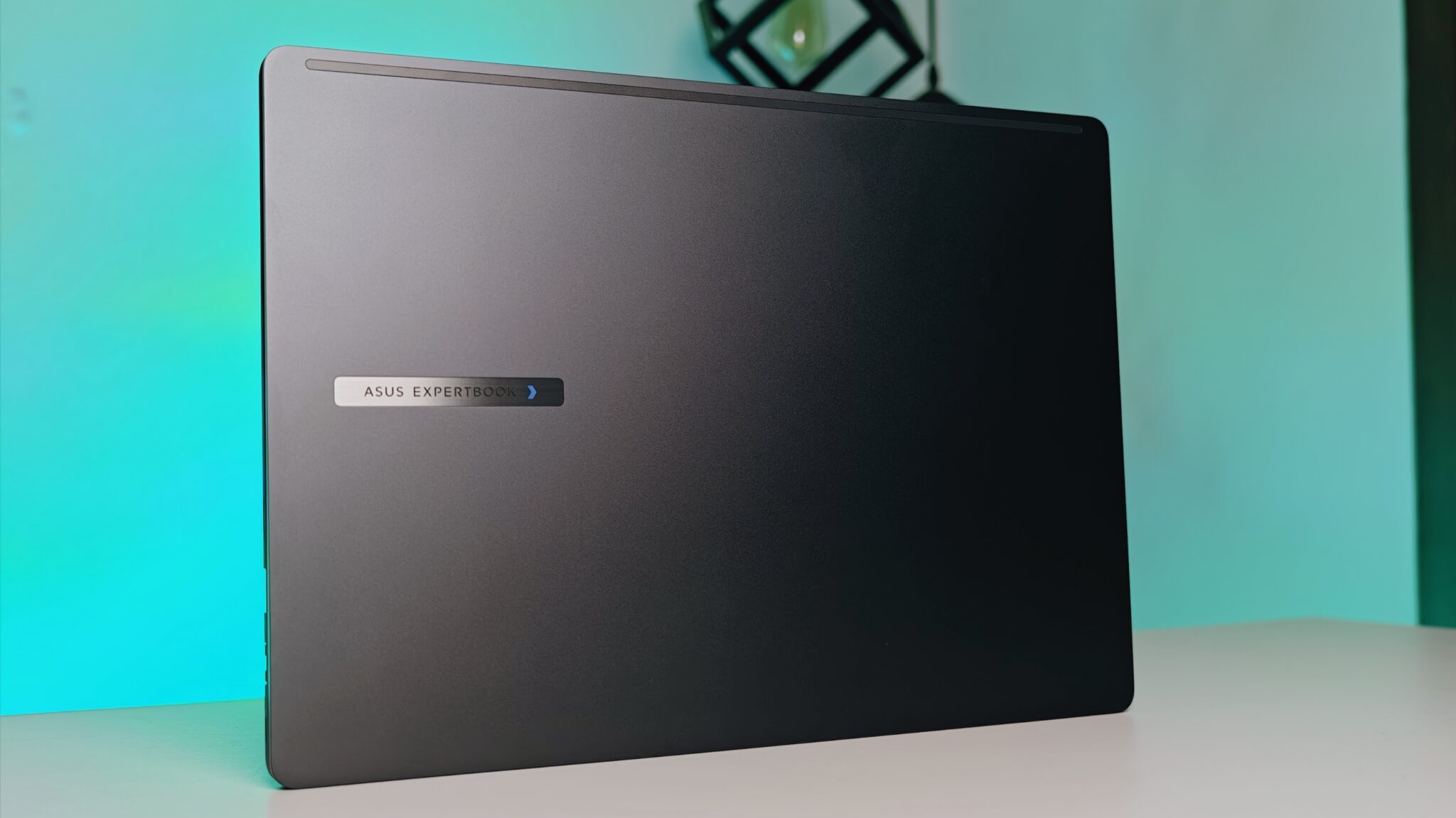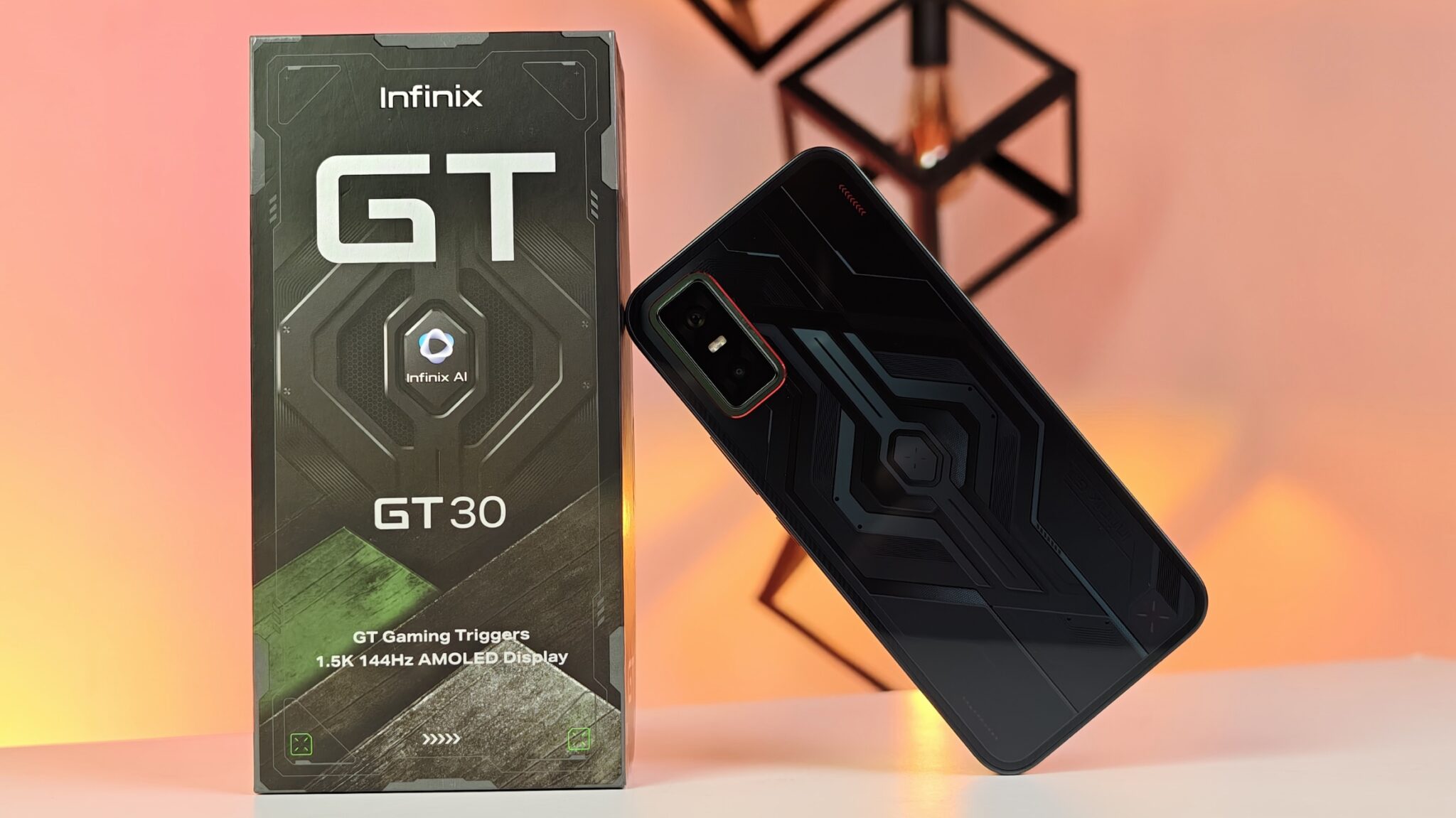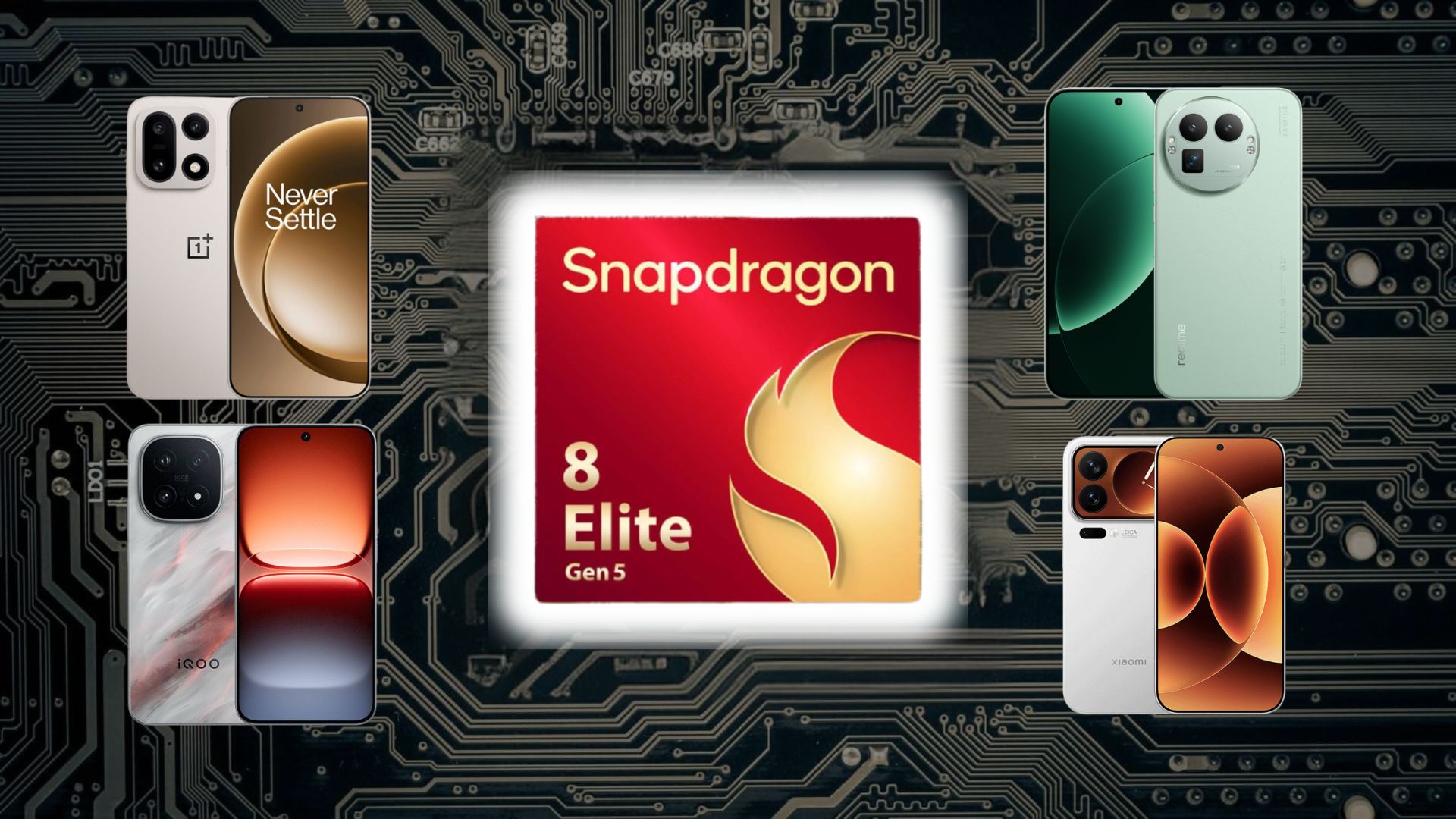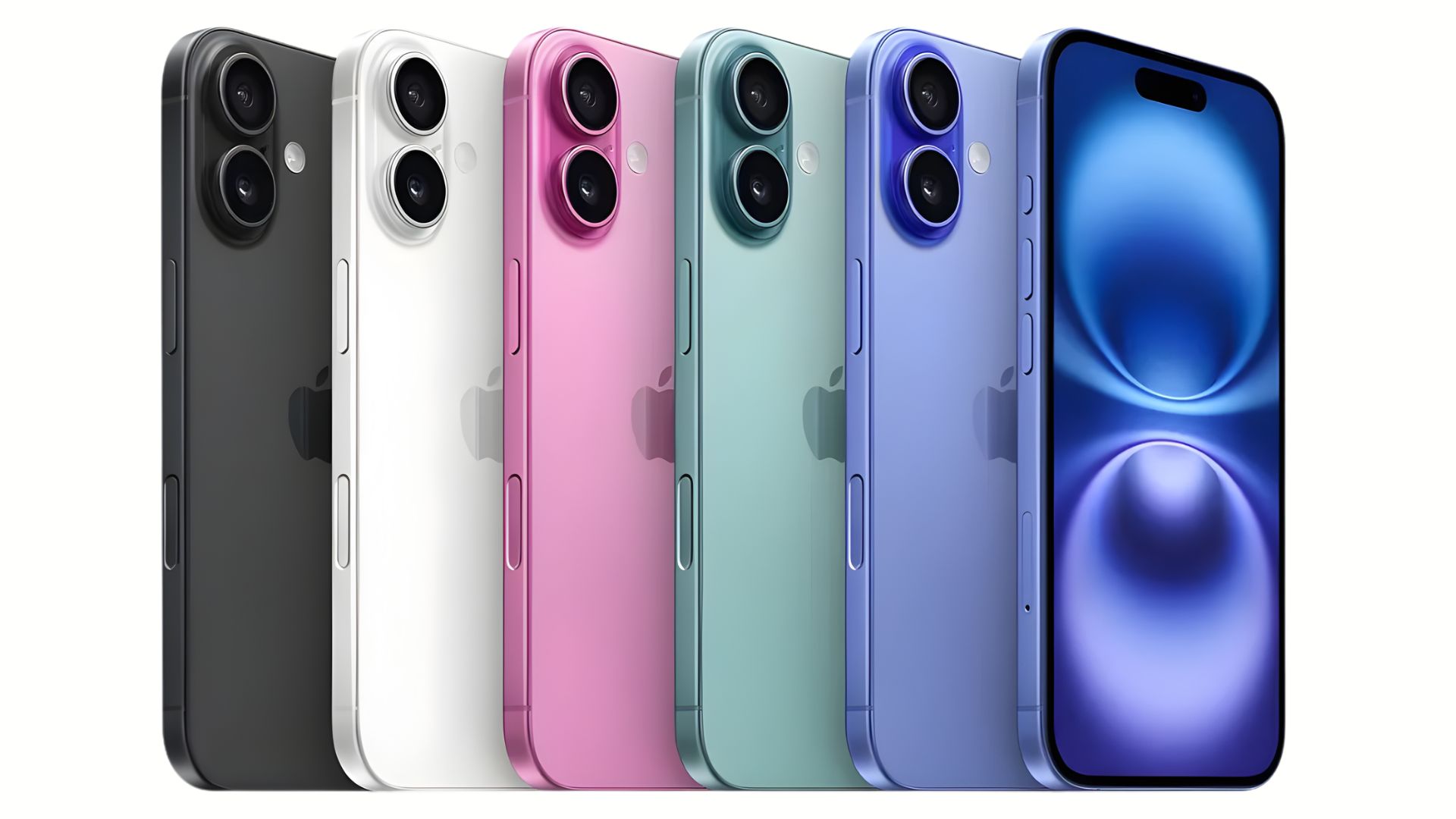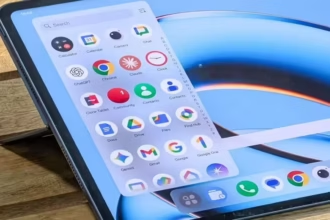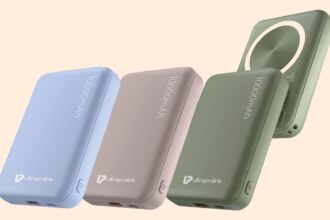In a notable development for India’s smart home security space, Qubo—the smart devices brand under the Hero Group umbrella—announced on April 24, 2025, that it has received the Essential Requirements (ER) clearance as part of the Internet of Things Security Certification Scheme (IoTSCS). This certification, overseen by the Standardisation Testing and Quality Certification (STQC) Directorate under the Ministry of Electronics and Information Technology (MeitY), marks a significant step forward in Qubo’s pursuit of trust and reliability in the Indian security and surveillance market.
What makes this especially timely is the broader national focus on data privacy, digital infrastructure, and self-reliance. Qubo’s approach stands out: the brand has built its entire technology stack in India. From proprietary software to firmware, everything is developed in-house—which, crucially, means data is encrypted and stored only on servers physically located in India. That might not sound like a big deal at first, but in a market filled with foreign brands whose data handling practices often raise questions, it’s a pretty important distinction.
What Does ER Clearance Actually Mean for Your Security?
The ER Clearance under IoTSCS isn’t just a fancy label. It’s a stringent certification that looks at several key aspects of an IoT product:
- Cybersecurity Compliance: Devices must meet strict cybersecurity benchmarks.
- Tamper-Proof Hardware: They should resist physical tampering attempts.
- Encrypted Data Transmission: All communication should be securely encrypted.
- Trusted Supply Chain: Manufacturing processes and suppliers must meet trust criteria.
- Secure Software Updates: Firmware must be robust, and updates securely managed.
- Long-Term Reliability: The product should be stable and dependable over time.
The goal here is to help build a secure, self-reliant digital ecosystem. And when it comes to gadgets that handle personal data and could even intersect with national security concerns, that assurance carries extra weight.
Why It Matters Now
India has been taking firm steps to regulate foreign-made surveillance gear, especially those lacking transparency or compliance with local standards. In fact, several such brands have faced outright bans or restrictions in recent years for not making the cut in terms of trust and data security.
Qubo’s ER certification sets it apart. It shows the company meets India’s high standards in cybersecurity and hardware performance. The certification applies to its Smart Security Cameras and Video Doorbells—which means these devices now officially meet criteria like end-to-end encryption, secure cloud architecture, and AI-based features that support remote monitoring.
A Bigger Win for Indian Smart Tech
Qubo’s CEO & Founder, Nikhil Rajpal, summed it up well: “Security and trust are central to every Qubo product. Securing the Government of India’s ER Clearance is a major milestone—not just for us as a brand, but for every Indian consumer who deserves smart devices that are both safe and useful.”
Founded in 2019 as part of Hero Electronix, Qubo has grown into a leading provider of Smart Home Devices and Auto Accessories in India. Its product lineup—including Dashcams, Smart Door Locks, and Video Doorbells—has consistently pushed to address local needs. Their emphasis on creating tailor-made solutions for Indian households is more than just a marketing point; it’s evident in features like context-aware AI detection that works for real-world Indian scenarios.
Qubo’s control over its entire tech stack means the company can quickly respond to threats and roll out secure updates, which is crucial. This tight integration is one reason they were able to meet the ER Clearance standards—it gives them a much greater degree of control over both security protocols and data flows.
All of this aligns with India’s increasing push for data sovereignty. By hosting their cloud infrastructure entirely within the country, Qubo eliminates many of the concerns surrounding foreign data access. That alone is a powerful selling point in today’s digitally cautious climate.
What This Means for Consumers
For the average consumer, the ER Clearance acts like a security badge. In a crowded market where not every brand adheres to local data protection laws, this certification provides clarity. It signals that Qubo products have been tested thoroughly and meet the government’s stringent requirements around cybersecurity and reliability. That can go a long way in making people feel more secure about the tech they’re bringing into their homes.
And there’s a ripple effect. Certifications like this push the entire industry forward. Other companies—both domestic and international—may soon need to meet similar standards if they want to remain competitive or compliant. It sets a higher bar, and in the long run, helps foster a more secure digital ecosystem across the country.
Ultimately, Qubo’s ER Clearance underscores a growing intersection between national security and consumer tech. As more homes become connected, each device introduces new vulnerabilities. Certifications like this aren’t just about peace of mind; they’re about actively reducing those risks and ensuring that innovation doesn’t come at the cost of safety.


